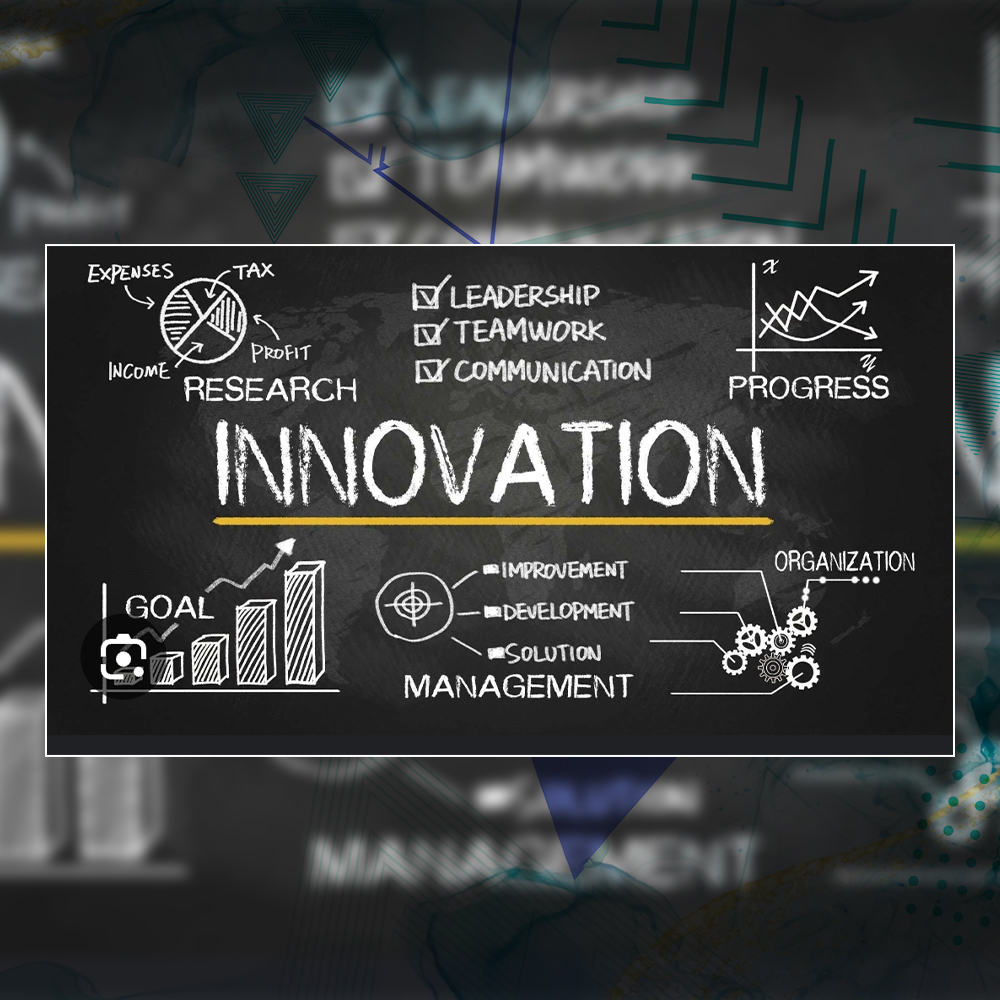
Artificial Intelligence (AI) has become a driving force behind digital transformation across industries. Its capabilities extend beyond automation, enabling smarter decision-making, enhanced customer experiences, and efficient operations. Businesses are adopting AI to revolutionize traditional processes, unlock new opportunities, and stay competitive in a tech-driven world.
AI enhances core digital transformation strategies by integrating machine learning, natural language processing, and predictive analytics. These technologies enable companies to respond to market changes swiftly and improve their adaptability. AI analyzes massive data sets and provides actionable insights, empowering leaders to make informed decisions.
Enhancing Customer Experience Through AI-Driven Innovations
AI is reshaping how businesses interact with customers. Personalized recommendations, virtual assistants, and chatbots have revolutionized customer service by providing instant, tailored responses. These tools streamline customer interactions and reduce response times, boosting satisfaction and loyalty.
AI-driven analytics track customer behavior and preferences, enabling businesses to anticipate needs and deliver customized solutions. Companies like Amazon and Netflix leverage AI to refine user experiences, creating value for businesses and customers. Predictive algorithms also help companies forecast trends, keeping them ahead in an increasingly competitive market.
Transforming Operations With AI Automation
Automation powered by AI significantly improves operational efficiency across industries. AI reduces human error and accelerates task completion by taking over repetitive processes, such as data entry and quality assurance. This allows employees to focus on strategic, creative tasks that require human expertise.
In manufacturing, AI-driven robotics optimize assembly lines, boosting production rates and ensuring consistent quality. Supply chains benefit from AI through predictive demand forecasting and real-time logistics monitoring, minimizing delays and reducing costs. These innovations demonstrate how AI strengthens operational frameworks, driving profitability.
AI in Decision-Making: Turning Data Into Insights
Data is at the heart of digital transformation, and Artificial Intelligence is key to unlocking its potential. Machine learning algorithms analyze vast data sets to identify patterns and trends, which help organizations make smarter decisions. These insights guide strategy formulation and improve business outcomes.
AI tools like predictive analytics are essential for healthcare, finance, and retail industries. In healthcare, AI aids in diagnosing diseases and predicting patient outcomes. Financial institutions use AI to detect fraudulent transactions and assess credit risks. Retailers benefit from optimized inventory management and personalized marketing campaigns. With AI’s precision, decision-making processes are faster and more accurate.
Addressing Challenges and Ethical Considerations in AI Adoption
Despite its transformative potential, AI adoption poses challenges. Data privacy concerns, algorithmic biases, and the ethical implications of AI decision-making demand careful consideration. Businesses must establish clear guidelines for ethical AI implementation while maintaining transparency and accountability.
Training employees to work alongside AI systems is another critical challenge. Organizations must invest in skill development and create a culture that embraces AI integration. By addressing these issues proactively, businesses can harness AI’s potential responsibly while mitigating risks.
Artificial Intelligence is central to the ongoing digital transformation, revolutionizing industries and reshaping the future of work. As businesses continue to explore AI’s capabilities, the possibilities for innovation, efficiency, and growth remain limitless.